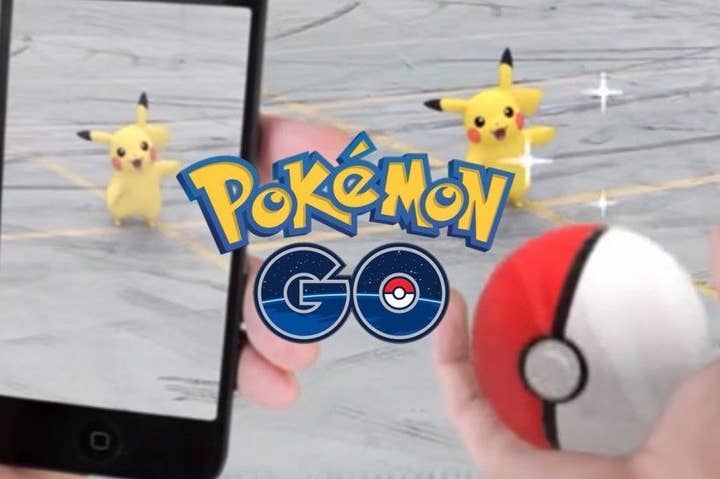Property owners sue over Pokemon Go
Detroit-area couple says they don't feel safe as players loiter, trespass, harass home owners near in-game hotspots
The popularity of Pokemon Go continues to raise legal questions for location-based gaming. A St. Clair Shores, Michigan couple has filed suit against Nintendo, Niantic, and The Pokemon Company, seeking to prevent the companies from placing Pokestops and other in-game items on or near private property, according to a Detroit Free Press report.
The couple lives across the street from Wahby Park, a St. Clair Shores public park that hosts a Pokemon Gym and seven Pokestops. As a result, they say their quiet neighborhood has been overrun with players whose behavior has included peeking in their windows and swearing at them.
"Nobody gets sleep anymore," the lawsuit is quoted as saying. "How is this acceptable? ... They hang out on our lawns, trample landscaping, look in vehicles... We don't feel safe... I don't feel safe sitting on our porch."
The suit notes that Niantic is aware it places in-game hotspots on private property, but feels its solution to the issue--telling players not to worry because there will be more Pokestops around the corner--is insufficient. They're seeking to prohibit the company from placing hotspots near private property without the owners' permission, and to require them to share profits of the game with property owners whose neighborhoods they have been populating with in-game items.
The issue of where in-game hotspots can and cannot be placed is also at the heart of a proposed New York law. That legislation would require any company running a game like Pokemon Go to ensure that no in-game objectives could be placed within 100 feet of a registered sex offender's residence. A sister bill would also make it illegal for registered sex offenders to play "augmented reality games," a category it defines as essentially being location-based games.

